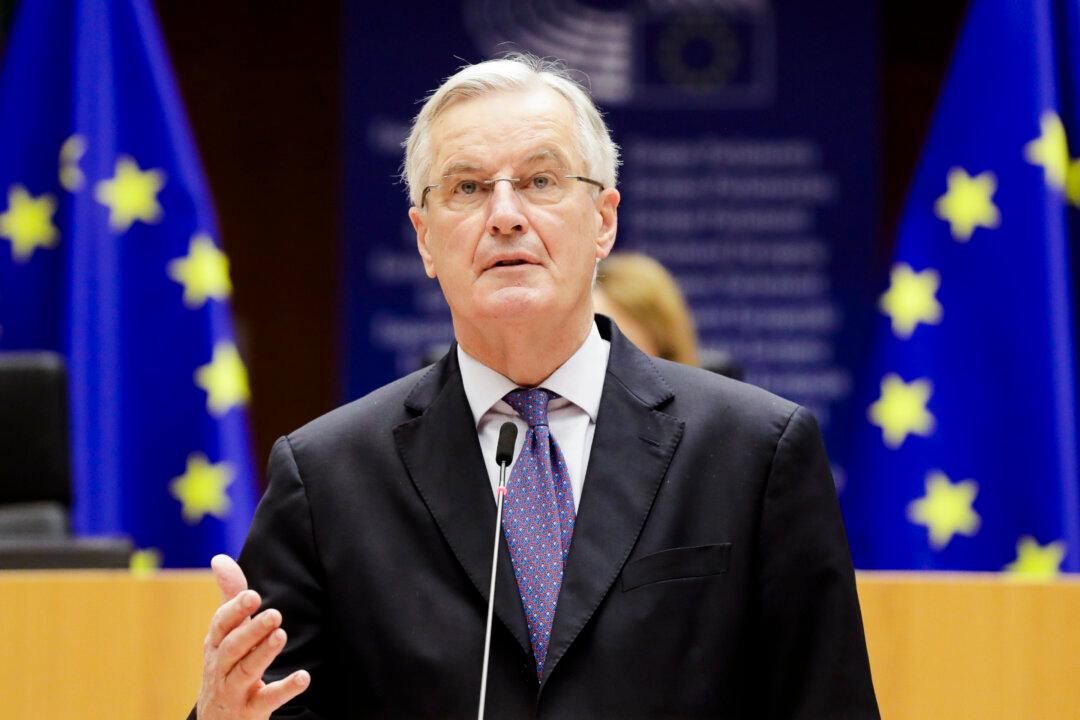French President Emmanuel Macron has named the European Union’s former Brexit negotiator Michel Barnier as France’s next prime minister.
Barnier’s new role was announced on Sept. 5 after a caretaker government was in place for more than 50 days.

French President Emmanuel Macron has named the European Union’s former Brexit negotiator Michel Barnier as France’s next prime minister.
Barnier’s new role was announced on Sept. 5 after a caretaker government was in place for more than 50 days.